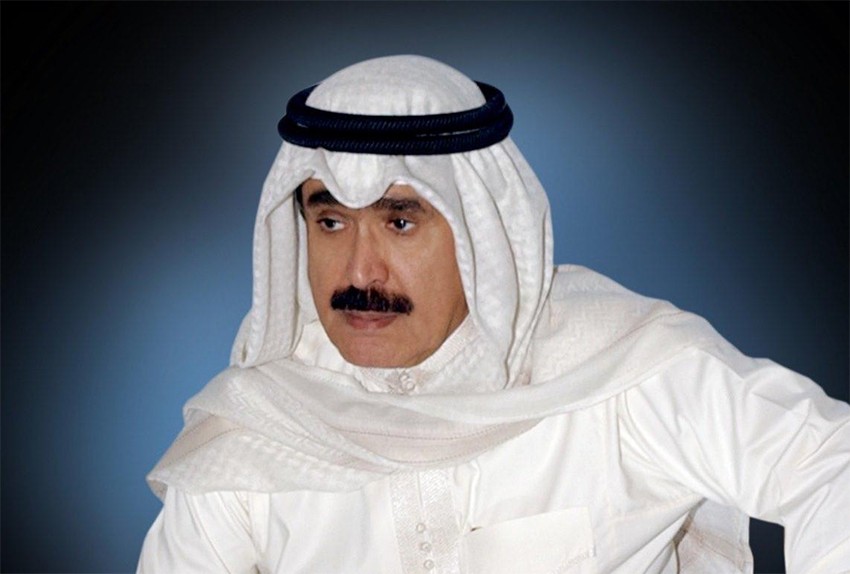23/06/2024
23/06/2024
We do not exaggerate when we say that tranquility now prevails in the country as the political circus has come to an end. This peaceful atmosphere follows the issuance of executive decisions promised by His Highness the Amir Sheikh Mishal Al-Ahmad Al-Jaber Al-Sabah in his historic speech. For the first time, we sense the presence of an operational government. Officials are directly listening to the people's voices through their meetings with His Highness the Crown Prince Sheikh Sabah Al-Khaled Al-Hamad Al-Mubarak Al-Sabah in the Ruling Family Diwaniya, as directed by His Highness the Amir.

This initiative feels like a popular parliament, with no intermediaries manipulating the concerns of the people for personal gain. In the past, demands were often ignored due to deals made between officials and parliamentarians, compounded by the presence of empty voices. Today, this Amiri step provides the people a platform to express their issues directly to the leadership. Such meetings should be held periodically, as there are many complaints and demands that have been overlooked for years, when a metaphorical fence separated the people from their leaders.
In countries with many restrictions, citizens can become hopeless and denounce their own country, feeling unheard and frustrated with state institutions. In contrast, in a country with wise leaders, all its institutions should act as the eyes and ears of the ruler. Some institutions, especially those dealing with nationality and state security, operate with a high level of transparency. These institutions must be free of individuals who abuse their power to suppress others or falsely accuse and defame those with differing opinions out of personal vendettas.
Institutions need personnel who are impartial and professional, ensuring that the welfare and wellbeing of the people are prioritized. Many countries have arbitration offices where people can present their grievances. The individuals handling these grievances are selected carefully and remain largely unknown to the public, except for their role in such important institutions.
This approach is essential to maintaining trust and ensuring that the governance is effective, transparent, and aligned with the people's needs and concerns are considered the administration that prevents the use of ‘wasta’ (influence), which distracts them from performing the duties assigned to them. They deliberate on grievances and then present the best solutions to the executive office.
They are the open eyes of the ruler in terms of implementing justice. Without a doubt, any leader is a human being with limited energy and cannot follow up all State affairs on his own. Therefore, we seek the help of honest individuals with a conscience, who work silently and whose main concern is the country and its interests.
Today, there are many of these people in Kuwait. We clearly see the work of some of them in the most difficult circumstances, because difficulties reveal the true nature of a person. Hence, the meeting of His Highness the Crown Prince with the citizens is a successful step and a genuine fulfillment of the promises of His Highness the Amir.
Everyone sees that it is within what His Highness the Amir promised to his people. Today, we are in an era of loyalty and firmness. It was said in the past: “Prosperity requires loyalty and a generous person. If he promises, he fulfills the promise.” Thus, we are facing a man of decision who fulfills his promises. For this reason, Kuwait is awaiting many Amiri promises that will come one after the other. This has started to emerge from the cycle of conflict of interests between parliamentarians and ministers, as well as the exploitation of influence, in order to move towards the leadership again.
By Ahmed Al-Jarallah,
Editor-in-Chief, the Arab Times


